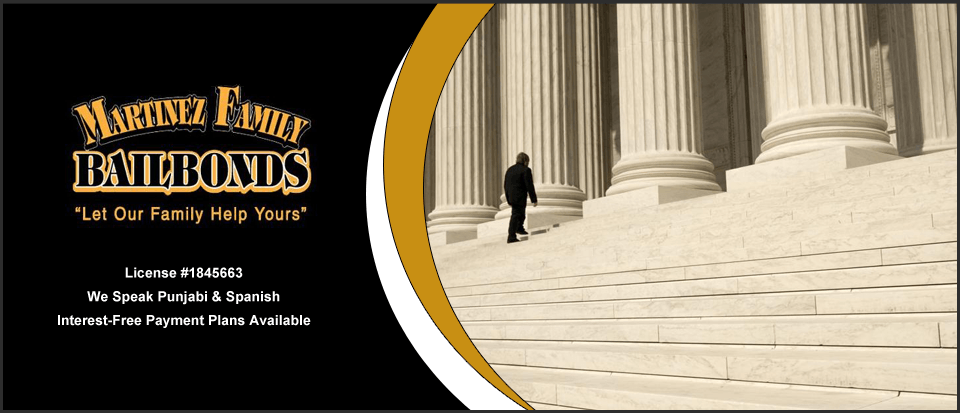
Frequently Asked Questions
What Is Bail?
In short, bail is that part of our legal system that allows an accused person to be temporarily released from custody so they can continue their lives while they prepare for their day in court. In criminal cases, it is a sum of money, real property, or surety bond that needs to be posted by or on behalf of a defendant to guarantee their appearance in court. The right to reasonable bail is guaranteed to you in the Eighth Amendment of the Constitution of the United States.
How Does a Bail Bond Work?
The court system will set the amount of bail required for the defendant's release. Under state law, a surety company can provide a type of insurance policy or "bond" that guarantees payment of the full bail amount to the court if the defendant does not show up for all scheduled appearances. These bonds are offered by licensed bail bond agencies.
For supplying these bonds, bail agencies charge a premium—a percentage of the total bond amount, which is typically 10%. By way of example, for a bond amount set at $50,000, the premium would be about $5,000, plus any additional fees required by the state. The bail agency must charge the premium rate it has filed with the Department of Insurance, and the premium is not refundable once the defendant is released.
What Is a Bail Bond?
A bail bond is a financial guarantee made by or on behalf of a criminal defendant that is used to guarantee their appearance in court through the end of their trial upon release from custody. Failure by the defendant to appear will result in a bond forfeiture.
What Is Considered by the Court in Fixing the Amount of Bail?
The amount of the bail is first and foremost within the scope and discretion of the judge or magistrate, with only two general limitations:
- The purpose of bail is not to penalize or punish the defendant, but only to secure the appearance of the accused, and it should be set with that in mind. Excessive bail not warranted by the circumstances or the evidence at hand is not only improper, but a violation of constitutional rights.
- In fixing the amount of the bail, the court takes into consideration the seriousness of the charge, the defendant's previous criminal record, and the probability of the defendant appearing at the trial or hearing.
Public Safety Matters
Additionally, if public safety is an issue, the court may make an inquiry where it may consider allegations of injury to the victim, danger to the public or to the defendant, threats to the victim or a witness, the use of a deadly weapon, or the defendant's use or possession of controlled substances. A judge or magistrate setting bail other than the scheduled or usual amount must state on the record the reasons and address the issue of threats made against a victim or a witness.
Consideration of Evidence
The court must also consider evidence offered by the detained person regarding ties to the community and their ability to post bond. The bail amount set by the court must be within the minimum range amount of bail that would reasonably assure the defendant's appearance, not the maximum.
Contact us
today to learn more information about our bail bondsmen
services in French Camp, California.




